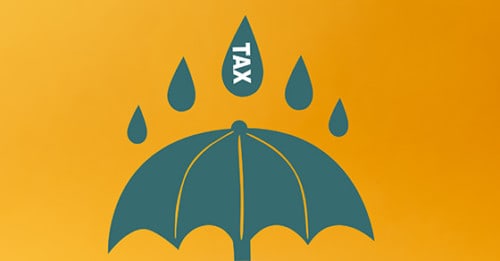
As the year comes to a close, many businesses look for ways to save on taxes. Purveyors of abusive tax shelters know this and are ready to take advantage of unwitting owners.
Abusive tax shelters are complex transactions that have no legitimate business purpose and are used solely to reduce or eliminate tax liability. However tempting the tax savings may seem, you should avoid such tax shelters or you may face serious financial consequences.
Witting and Unwitting Victims
Unfortunately, abusive tax shelters aren’t always easy to identify. Even reputable companies may unwittingly market tax shelters the IRS deems abusive.
Some appear less innocent, though. For example, one company marketed products that functioned as loss generators, allowing buyers to offset paper losses against other income, sheltering that income from taxes. In such cases, not only is the seller of the products liable for penalties, but the taxpayers who use them generally are required to pay back taxes, interest and penalties.
As part of a comprehensive strategy to combat abusive tax shelters, the IRS requires that certain tax shelters be registered and that lists of investors be maintained by those who organize them. Individuals who participate in a “listed transaction” also must disclose their participation on their tax return. The list of transactions is available at irs.gov.
Avoid Messy Entanglements
How can you avoid becoming entangled in an abusive tax shelter? First apply the age-old rule that, if it seems too good to be true, it probably is. These products usually are unsolicited. So if someone approaches you with a proposal to make money through tax write-offs, it’s probably not a legitimate business investment.
Second, understand that legitimate tax advantages aren’t available as one-size-fits-all products. Tax liabilities vary according to a business’s financial situation, and no tax shelter is appropriate for every company.
Finally, look carefully at shelters that involve third parties such as foreign corporations, tax-exempt entities or entities with significant tax losses. If there’s no legitimate business purpose for entering into a transaction, there’s no legitimate tax shelter.
Shun the Unknown
In short, if you receive an unsolicited offer to help you reduce your tax burden, look long and hard at the proposal, purveyor and participants. Contact us. We can help investigate any offer and steer you toward reliable and responsible tax-minimizing strategies.
© 2018
---
The information contained in the Knowledge Center is intended solely to provide general guidance on matters of interest for the personal use of the reader, who accepts full responsibility for its use. In no event will CST or its partners, employees or agents, be liable to you or anyone else for any decision made or action taken in reliance on the information in this Knowledge Center or for any consequential, special or similar damages, even if advised of the possibility of such damages.